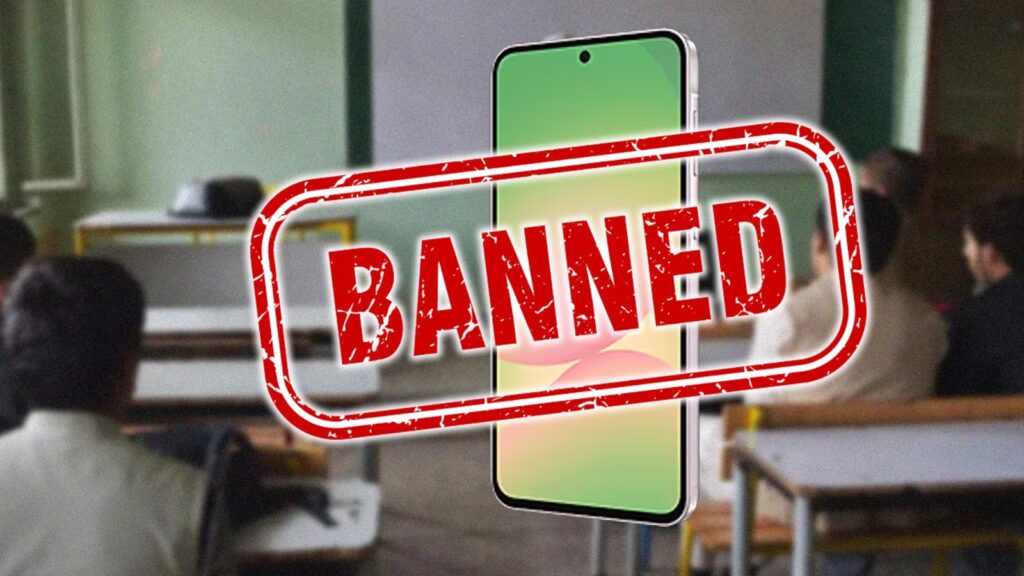Taliban authorities in southern Afghanistan have enforced a strict ban on smartphones in all schools and madrassas across Kandahar province, citing the need to uphold Islamic values and restore focus among students and teachers.
The ban, which came into immediate effect, applies to students, teachers, and administrative staff alike. The provincial Education Department issued a directive stating that the move was necessary “to ensure educational discipline and focus” and was taken from a “sharia perspective,” adding that smartphones are contributing to the “destruction of the future generation.”
The decision has sparked mixed reactions. Some educators welcomed the move. “I think this is a good decision so that there is more focus on studies,” said Saeed Ahmad, a 22-year-old schoolteacher in Kandahar.
However, students have voiced concern about the impact on learning in a country already grappling with severe educational restrictions—particularly on girls. “When the teacher writes a lesson on the board, I often take a picture so I can write it down later. Now I can’t. This decision will negatively affect our studies,” said a 12th-grade student who asked not to be named.
Mohammad Anwar, an 11th grader, confirmed enforcement was strict: “The teachers are saying if anyone is seen bringing a phone, they will start searching the students.”
The ban is being enforced in religious schools as well. “Now there’s a complete ban. No one brings smartphones anymore,” said Mohammad, a 19-year-old madrassa student.
This move aligns with broader Taliban policies aimed at curbing digital access. Taliban Supreme Leader Hibatullah Akhundzada recently urged officials and clerics to reduce smartphone usage. Some officials in Kandahar have switched to brick phones and deactivated messaging apps like WhatsApp.
The Taliban have also banned the depiction of living beings in media, with many provinces enforcing restrictions and officials refusing to be photographed or filmed.
While countries like France, Denmark, and Brazil have introduced partial mobile phone bans in classrooms, Afghanistan’s version under the Taliban is part of a wider ideological enforcement that critics say suppresses basic freedoms and modern educational tools.





